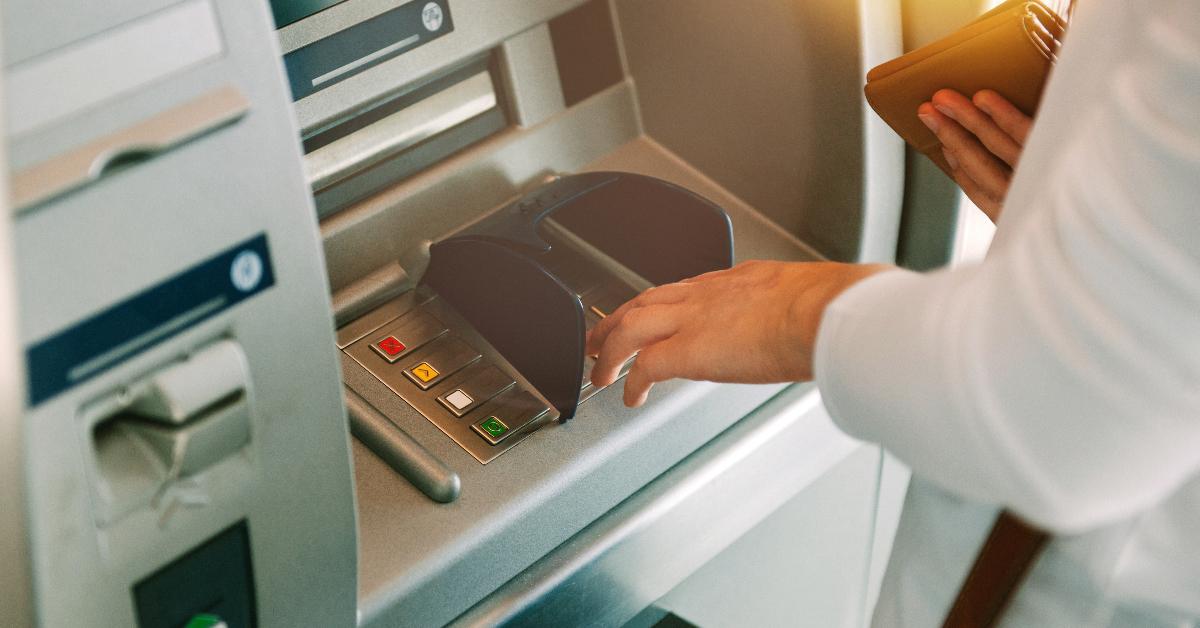
Threats to freedom of speech and efforts to suppress dissenting views and voices have been on the rise over the past decades. They were exponentially intensified since the ascent of social media, and as the political polarization in the West truly took hold of our societies, the powers that be have been using any and all tools at their disposal to “defend” the interests of the establishment against those who might try to publicly question its policies (or even worse, its purpose).
Many of us who have been keeping tabs on restrictions on all kinds of individual freedoms have been aware of this dangerous trend for quite some time already. However, it was during the covid crisis that it became obvious to a lot more people too. Anyone reluctant to fully embrace and follow the state’s edicts and “science-based rules” (which, if you recall, kept changing from week to week) was, at best, branded a “denier” or, at worst, actually arrested in some jurisdictions.
We saw dramatic evidence of that extreme response coming from China, Australia, and the United States, among other places. That’s to say nothing of countless other cases of people who lost their jobs or were denied access to basic public services.
Apart from those “straightforward” scenarios of punishment and retribution, though, there were other instances that were much more subtle and indirect. The story of the Canadian “Freedom Convoy” stands out as a solid example of how the banks themselves can be weaponized in the war on dissent. Individuals who supported the antilockdown convoy with donations found their bank accounts frozen, without any warning or due process. This was (or at least should have been) a serious wake-up call for all freedom-loving citizens, whether they agreed with the protesters’ views at the time or not.
Fast-forward to this July, when the “debanking” scandal of Nigel Farage made international headlines. The story, involving political angles, the banking sector, and the mainstream media, was very illuminating, and it revealed just how far establishment forces are willing to go to silence those who disagree with them. The bank at the heart of the scandal is the 330-year-old private bank Coutts, which is owned by NatWest, which in turn happens to have the United Kingdom government as its biggest shareholder following its taxpayer-funded bailout in 2008.
Mr. Farage’s Coutts account was summarily closed without any explanation. When he publicly insisted that it was due to his political beliefs, the bank shrugged him off, while the BBC went on to publish reports suggesting that the move had nothing to do with his ideology. Instead, according to the public broadcaster, it was the state of his finances that was to blame—his account supposedly had fallen below a certain threshold. Mr. Farage didn’t take long to hit back: he obtained a forty-page dossier from the bank exposing internal communications and proving beyond a shadow of a doubt that his allegations were justified.
The documents showed that Coutts’s reasons for the account closures were his support for Brexit and Donald Trump and his “transphobic” and “xenophobic” views, among many other beliefs that he had expressed that were not “compatible with Coutts.” As Mr. Farage himself highlighted, “This story is not just about me. You could be next . . . if this situation is left unchecked, we will sleepwalk towards a China-style social credit system in which only those with the ‘correct’ views are allowed to fully participate in society.”
Indeed, the story clearly struck a nerve with the general public, and it quickly snowballed into an industry-wide and soon nationwide cause of outrage. The BBC had to apologize, and the CEO of NatWest, Dame Alison Rose, was forced to resign, but that wasn’t enough to appease all those who finally realized the disproportionate and largely illegitimate and unchecked power that banks can have over their customers.
As the Financial Times reported, “It raised wider questions about the ability of banks to remove accounts without explanation, leaving them or their small businesses cut off from the mainstream financial system. In an increasingly cashless world, having a bank account has become an essential service. David Davis, former Brexit secretary, likens closing someone’s bank account to cutting off their water or electricity supply. ‘You should be able to get a bank account regardless of your political views, whether you are a communist or a fascist,’ he says.”
The key takeaway from all this, however, is not this particular story itself. It would not be wise to regard it as an isolated incident or as something that could only ever affect account holders that have a high profile or a large audience. To the contrary, if it can be done to Nigel Farage, it can be done to anyone.
The lesson to be learned is that the threat is posed by the banking system itself, and that is why it is more important than ever to rethink your own financial structure and your plan. Keeping part of your savings outside the baking system and in physical precious metals is the only reliable way to protect yourself against the whims and trespasses of both governments and banks.






